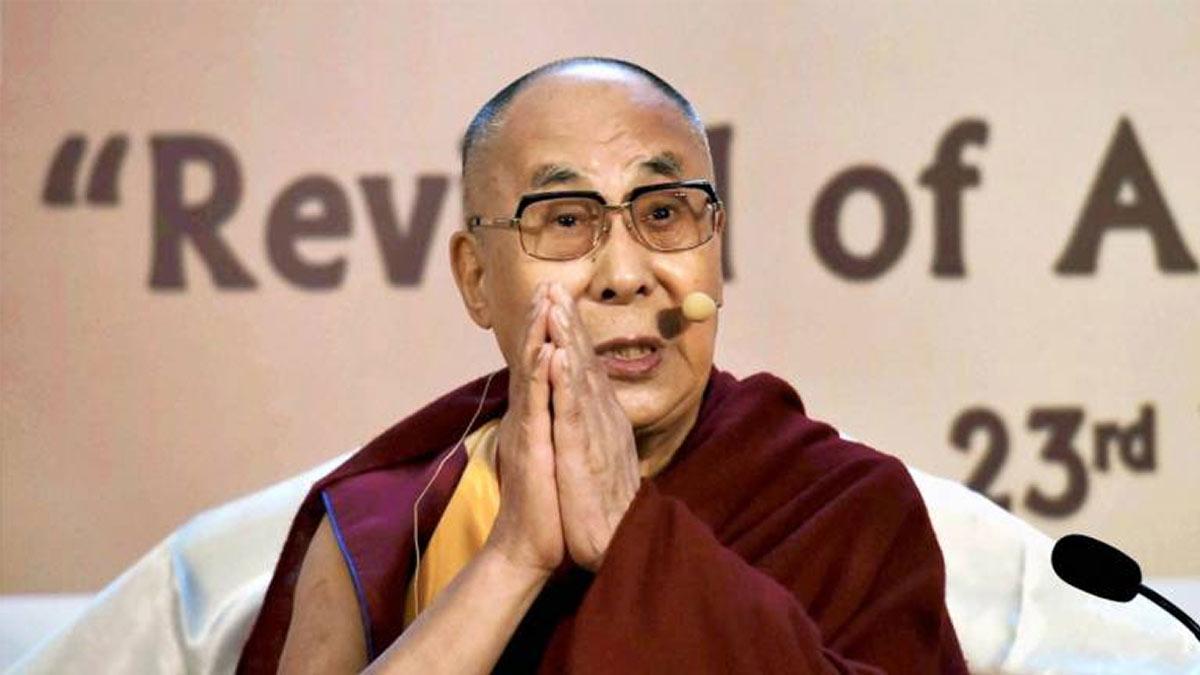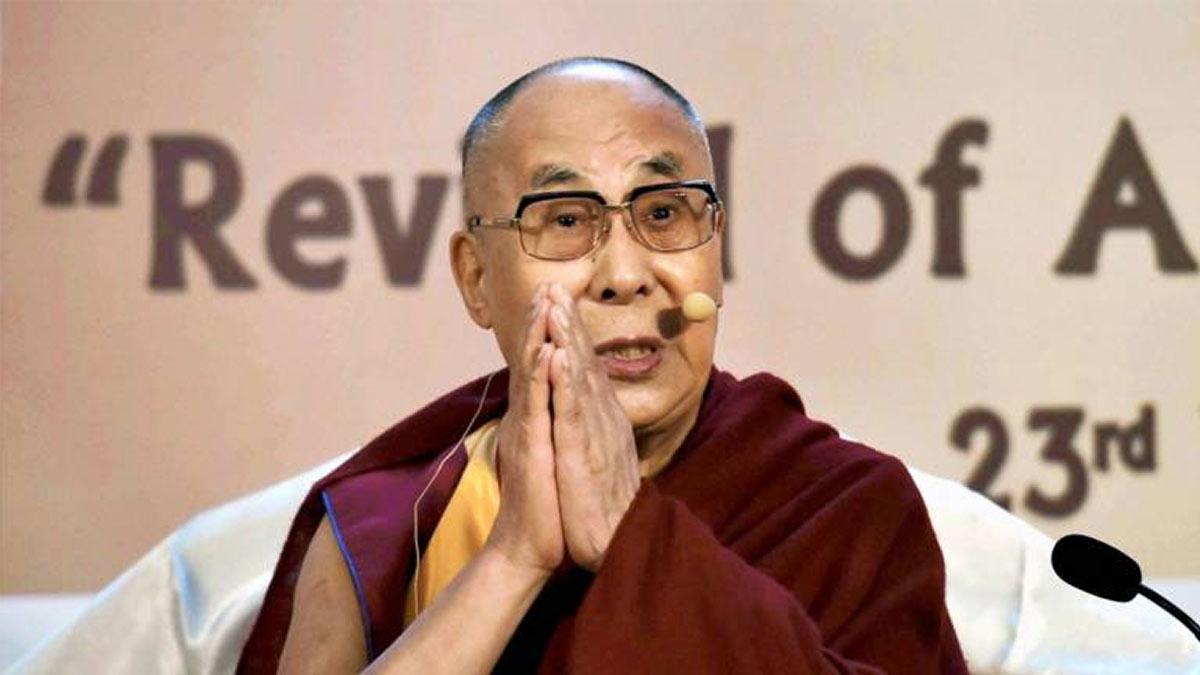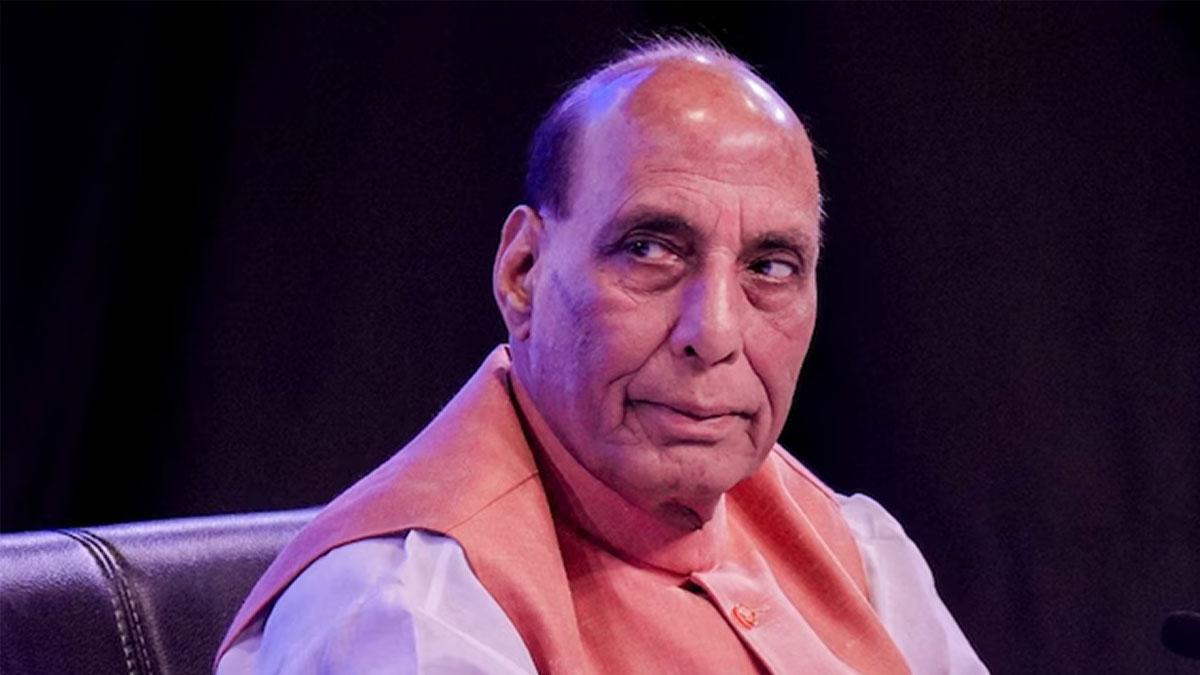The leader of Tibetan spirituality, who has spent years in exile, has ensured that the lineage of the Dalai Lamas will be maintained after his passing.
The move is welcomed by believers worldwide who had been unsure about the future of the tradition that has been in place for centuries.
This choice is a milestone for Tibetans at home and abroad who see the Dalai Lama not only as a spiritual leader but as an international symbol of peace, compassion, and cultural defiance in the face of Chinese rule.
It also comforts millions of Buddhists who worried the religious leadership will cease upon the death of the current Dalai Lama.
Tenzin Gyatso is accepted as the 14th Dalai Lama, an institution Tibetans believe has stood for six centuries. He has earned global respect with his consistent campaign seeking more autonomy for Tibet—a roughly South African-sized part of China and home to its distinctive cultural and religious heritage.
Following the 1959 Lhasa rebellion failure, the Dalai Lama escaped to India with thousands of Tibetans and later settled in Dharamshala, Himachal Pradesh, which today serves as the headquarters of the Tibetan government-in-exile.
The 1989 Nobel Peace Prize winner had previously indicated that the Dalai Lama dynasty could come to an end if its people no longer felt its pertinence. But addressing a video message in a religious congregation in Dharamshala, he indicated that the international and continental demands for the continuation of the institution prompted him to do so.
"I have received several over the last 14 years from Tibetan diaspora in exile, Buddhists from all over the Himalayan range, Mongolia and within parts of Russia and China, sincerely pleading that the Dalai Lama institution be carried on," he said.
He said similar pleas had been made by Tibetans within Tibet, through various channels.
"In accordance with all these wishes, I am declaring that the institution of the Dalai Lama will be continued," he said, according to the official translation.
Succession fears had increased because of the spiritual leader's old age, and the announcement comes just days ahead of his 90th birthday on July 6.
China's Response
Beijing was swift to respond, affirming the Dalai Lama's succession procedure should be subject to the central government.
"The reincarnation of the Dalai Lama, the Panchen Lama and other important Buddhist leaders shall be selected by drawing lots from a golden urn and sanctioned by the central government," Foreign Ministry spokesperson Mao Ning stated in a routine press conference. The practice, she added, has its origin in Qing dynasty policies.
"The Chinese government has a policy of religious freedom of belief, but religious affairs are subject to regulation and there are procedures for the management of the reincarnation of Tibetan living Buddhas," she said.
Despite the Chinese government's description of him as a separatist, the Dalai Lama insists that he is just a "simple Buddhist monk" who believes in non-violence and religious harmony.
There are widespread concerns among Tibetans in exile that Beijing could nominate a successor of its choice, in an attempt to consolidate its grip on the region and its religious orders.
In response to this concern, the Dalai Lama insisted that the decision on his successor would be taken solely by his own institution. "I once again repeat that the Gaden Phodrang Trust alone can identify the reincarnation in the future; nobody else possesses any such a mandate to meddle in the issue," he announced.
Chemi Lhamo, a 30-year-old Tibetan dissident in exile, was elated by the news.
"There is no doubt the institution of the Dalai Lama will also remain for the good of humanity," she said, calling it a strong message to China to "unequivocally reject" any meddling in the succession process.
The Dalai Lama voluntarily gave up political authority in 2011, passing on leadership to a democratically elected Tibetan government-in-exile that speaks for about 130,000 Tibetans across the globe.
However, he has frequently warned that the institution is open to being used for political purposes.
He cautioned that there is an "obvious risk of vested political interests misusing the reincarnation system."
Read also| Indian Navy Welcomes INS Tamal, Equipped with BrahMos Missiles


















